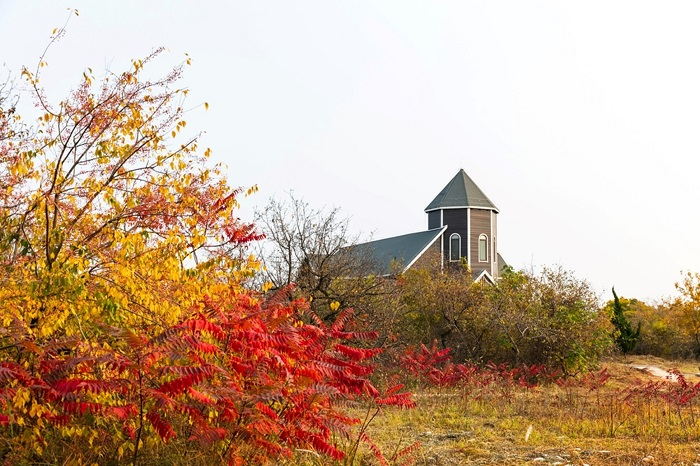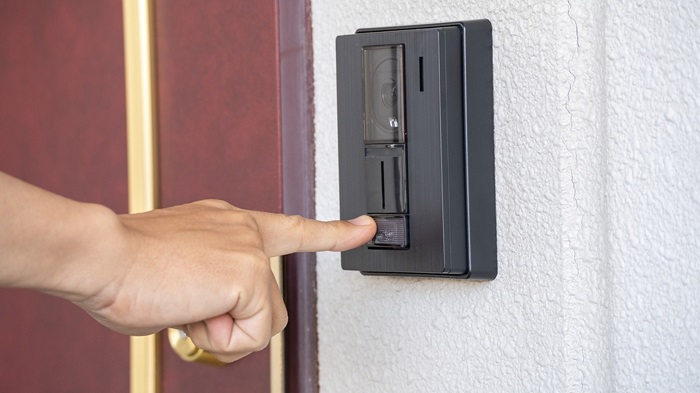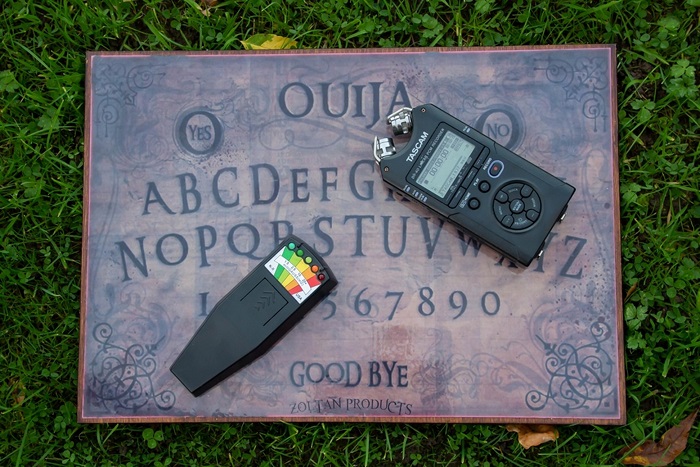
When moving into a new house, you have many factors to consider before negotiations begin: school districts, appliances, the number of bedrooms, and many others. But one factor you may fail to consider is the possibility of moving into a haunted house.
A large portion of society doesn’t believe in the afterlife or ghosts. To them, creaky floorboards and a drafty window are just signs of a house’s age. Plenty of other people, however, see these things as supernatural warnings. If you don’t want to end up as a horror movie protagonist, follow our list of tips to avoid moving into a haunted house — or learning to live in one.
Learn State Disclosure Laws
Haunted houses technically fall under the “stigmatized properties” umbrella, which is defined by the National Association of Realtors as “a property that has been psychologically impacted by an event which occurred, or was suspected to have occurred, on the property, such event being one that has no physical impact of any kind.” Essentially, if a violent crime such as a murder or suicide happened in the house, it qualifies. The location of such events has sometimes led to reports of hauntings taking place.
That seems like vital information for potential buyers to know, but there’s a catch: Each state — and city, in some cases — has different disclosure laws. Depending on the law, real estate agents may be able to share only small parts of an abode’s history. If you find a property you’re interested in, research disclosure laws in that area. Ask for background on the house from the real estate agent. If they don’t share the full history, consider if it’s a risk worth taking.
Get to Know the Neighbors

Depending on how long your neighbors have lived in the area, they may share stories about the previous residents. Maybe it’s something innocuous, like a lawn flamingo obsession. But they may regale you with tales of strange noises, figures in the windows, and animals acting strangely. Of course, they could be lying, but is that a chance you’re willing to take?
If the neighbors have been around for a long time, ask about any incidents in the house’s history. The real estate agent may have to abide by state disclosure laws, but the surrounding residents don’t. If you receive multiple warnings, consider moving elsewhere.
Do Your Research
If neither the neighbors nor your real estate agent offer any information, it’s time to do detective work yourself. A quick internet search of the house’s address will reveal if any incidents or haunting reports have been made in the past 50 years or so — and maybe further back if the local newspapers have uploaded their archives. If they haven’t, many public libraries have copies of old newspapers you can search through. Note that this method can be rather time-consuming.
While you’re at the library, see if it has a selection of books related to the house’s town or city. Seek out books on local urban legends or ghost stories. The older the house, the more likely mention of any hauntings are included in the literature. Regardless, it’s a good idea to familiarize yourself with the area when moving.
Bring in a Specialist

If you want to be absolutely certain your potential new roommates aren’t ghosts, you may want to bring in a psychic or spirit medium. It may be the most surefire way to ensure you’ll live peacefully, but it’s also one of the most expensive. It will also require research of its own, since you’ll need to make sure the expert you want to hire isn’t a fraud.
If you find a trustworthy expert, they’ll be upfront about any potential hauntings in the house you’re considering. You may want to bring them along during a house tour or try to arrange a visit outside normal hours. The expert may perform a seance or another ritual to determine if any ghosts are present. The methods vary from person to person, so try to find one with a style that suits you.
A paranormal investigator may also provide the answers you need. Instead of getting in contact with ghosts spiritually, these experts use scientific methods to locate spirits. They may use devices like EMF readers or infrared thermometers. Compare different specialists to find the method that best suits your needs.
What if You Already Moved In?
You’ve already moved into your lovely new home — even going so far as to update your voter registration and IDs. But things are more than a bit strange: flickering lights, sudden drops in temperature, shadows that aren’t your own. What do you do if you just moved into a house you suspect is haunted, and how can you keep yourself safe?
Listen to the Spirits
Some cultures and individuals believe that most ghosts aren’t out for revenge or are actively malicious. It’s similar to a spider or snake: You may be frightened of them, but they may be equally frightened of you. Some paranormal experts suggest you observe what your supernatural resident is doing, and acknowledge them. Let them know you’re aware of their presence. It’s likely all they want is a friend or someone to remember them. If you provide a safe space for them, they may decide to move on.
Protect Yourself

On the other hand, there are reported incidences where spirits have been genuinely harmful. If that’s the case, you’ll need to cleanse your home of any supernatural activity. A furry companion, particularly a dog, may make you feel safe or discourage the ghost. Burning sage has also reportedly been used to rid houses of negative energy, and possibly taking the ghost with it. If the situation becomes truly dangerous, you may want to talk with local ghost hunters, spirit mediums, or exorcists. They’ll advise you on further measures or arrange to remove the ghost themselves.
Find a Reasonable Explanation
Most hauntings aren’t as obvious as they are in fiction. Reports of floating objects or blood dripping down the walls are rare and difficult to verify as real. If you’re dealing with smaller inconveniences that convince you of a haunting, try to rationalize the situation. Creaking floorboards are likely nothing more than the house showing its age. Strange noises in the walls? You may have rats or other rodents living inside. A leaky faucet may just need a plumber to fix it. It’s completely normal to be skeptical in the face of the supernatural.
The thought of potentially moving into a haunted house can be downright petrifying, and for good reason. Even the cartoony antics of carnival attractions or “The Haunted Mansion” can offer a good scare. A true haunted house could potentially put your life in danger. But if you’re willing to recognize the signs of a haunting beforehand — and stay calm if you’ve already moved in — you and your ghostly roommates can get along. After all, they were human once, too, so they know how you feel.

